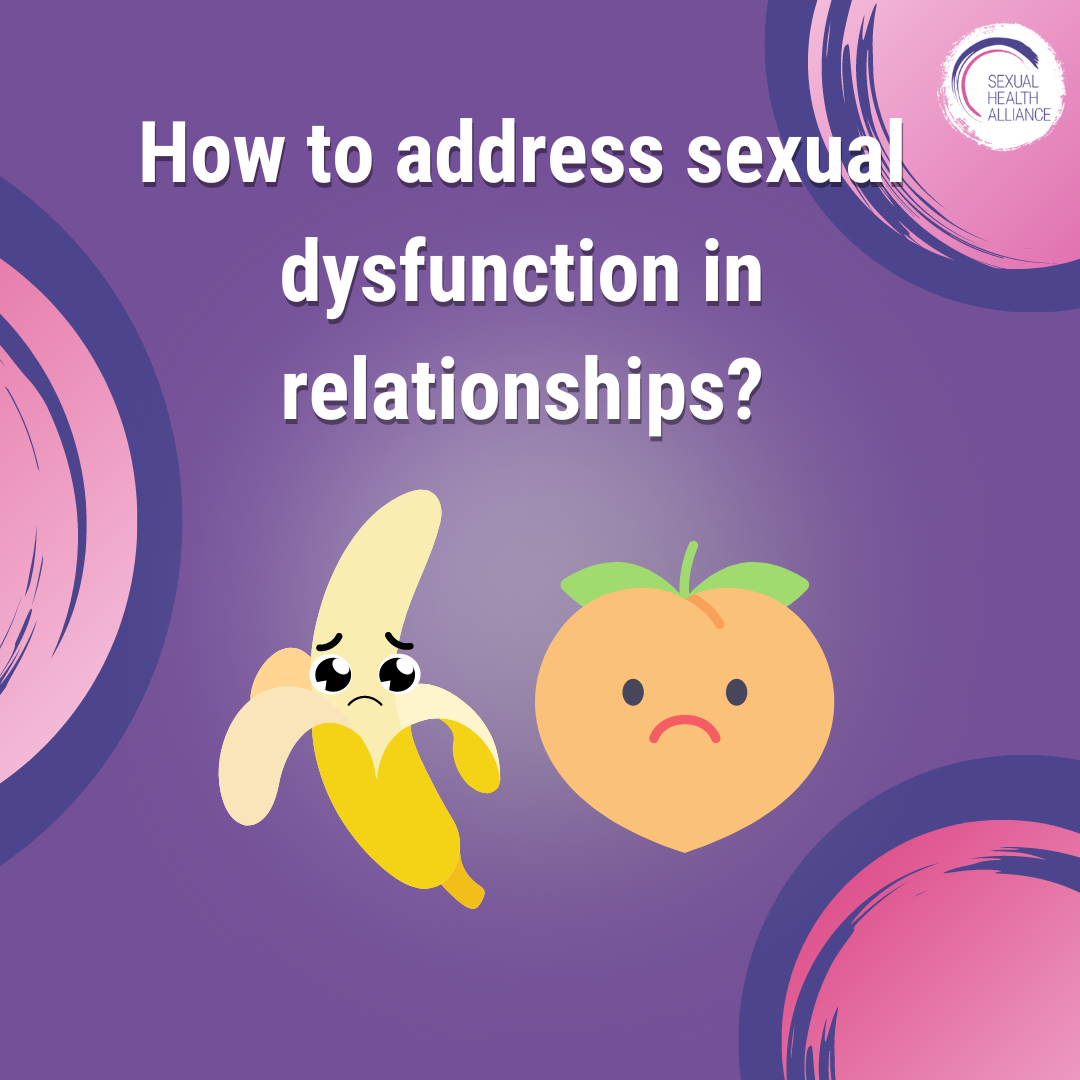Navigating Sexual Dysfunction in Relationships: A Path to Reconnection and Fulfillment
Sexual dysfunction, a term that encompasses a range of issues affecting sexual desire, arousal, and satisfaction, can be a sensitive topic for couples. Whether it’s due to physical conditions, psychological issues, or a combination of both, facing sexual dysfunction is a journey many couples embark on. Addressing it head-on, with openness, understanding, and patience, can not only help overcome the challenge but also strengthen the bond between partners. Here's a guide to navigating sexual dysfunction in relationships, aimed at fostering a healthy, satisfying intimate connection.
Open the Lines of Communication
The first step in addressing sexual dysfunction is to open up a dialogue about it. It's essential to create a safe, non-judgmental space where both partners feel comfortable sharing their feelings, fears, and desires. Effective communication can help reduce anxiety and misunderstanding, laying a foundation for mutual support and problem-solving.
Educate Yourselves Together
Lack of knowledge can exacerbate the stress and confusion surrounding sexual dysfunction. Together, research the specific issues you are facing, whether it's erectile dysfunction, premature ejaculation, low libido, or difficulty achieving orgasm. Understanding the potential causes and treatments can demystify the problem and highlight a path forward. Learn more about erectile dysfunction here.
Seek Professional Help
Consulting with healthcare professionals, such as a sex therapist or a medical doctor specializing in sexual health, can provide invaluable guidance. These experts can offer diagnostic insights, recommend therapies, and sometimes prescribe medication that can address the physical or psychological roots of sexual dysfunction.
Explore Alternative Forms of Intimacy
Intimacy is not limited to sexual intercourse. Exploring alternative forms of closeness can maintain the emotional and physical bond between partners. Massage, cuddling, kissing, and shared activities can fulfill the need for intimacy and affection, reducing the pressure to perform sexually.
Practice Patience and Understanding
Patience is key when dealing with sexual dysfunction. It’s important to avoid placing blame on either partner and to understand that resolving the issue may take time. Being patient and supportive can alleviate pressure and create a more loving and less stressful environment, conducive to addressing the dysfunction.
Address Lifestyle Factors
Lifestyle choices can significantly impact sexual health. Together, consider making changes that can improve overall well-being and potentially alleviate sexual dysfunction. This might include exercising regularly, eating a balanced diet, limiting alcohol intake, quitting smoking, and managing stress through relaxation techniques or counseling.
Experiment with Solutions
Under the guidance of professionals, experiment with recommended therapies or treatments. This could range from medication and medical devices for physical issues to psychotherapy, cognitive-behavioral therapy, or mindfulness practices for psychological causes. Be open to trying different approaches to find what works best for your relationship.
Prioritize Emotional Connection
Strengthening your emotional connection can play a crucial role in overcoming sexual dysfunction. Spend quality time together, communicate openly about your needs and feelings, and show appreciation for each other. A strong emotional bond can enhance intimacy and sexual satisfaction.
Set Realistic Expectations
It's important to set realistic expectations and understand that progress may be gradual. Celebrate small victories and recognize that setbacks are part of the journey. Keeping expectations in check can prevent frustration and discourage the feeling of failure.
Consider Couples Therapy
Sometimes, sexual dysfunction can be a symptom of underlying relationship issues. Couples therapy can provide a platform to explore these issues in a structured, supportive environment. A therapist can help navigate communication barriers, unresolved conflicts, and other relationship dynamics that may be contributing to sexual dysfunction.
A Journey of Mutual Growth
Addressing sexual dysfunction in a relationship is a journey of mutual growth, understanding, and patience. By approaching the issue as a team, maintaining open communication, and seeking professional guidance, couples can navigate this challenge and emerge stronger. Remember, the goal is not just to overcome sexual dysfunction but to foster a deeper, more fulfilling connection. With commitment, empathy, and resilience, couples can achieve a satisfying intimate relationship that withstands the tests of time and challenges.
Curious to see where you stand in the world of sex education? Dive into our 'What kind of sex nerd are you?' quiz and uncover your sexual intellect level. Click here to explore!





